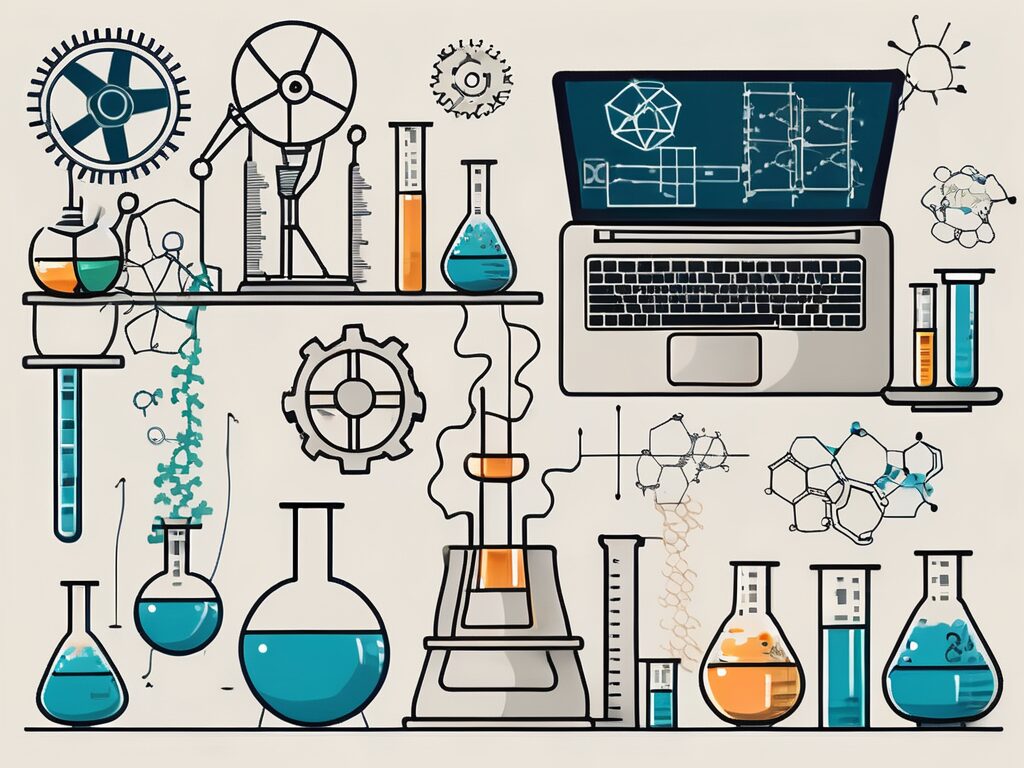In the bustling city-state of Singapore, the importance of Science, Technology, Engineering, and Mathematics (STEM) education is recognised and emphasised. With a Master’s in Education, one can effectively implement and enhance STEM education in various educational settings. This article will delve into five methods to do just that.
Method 1: Incorporating Technology in Teaching
With a Master’s in Education, educators can effectively incorporate technology into their teaching methods. This is particularly relevant in STEM education, where understanding complex concepts often requires more than just theoretical knowledge.
For instance, using virtual reality (VR) in the classroom can help students visualise and understand complex scientific concepts. Similarly, coding and programming can be taught more effectively using hands-on software tools. This method not only makes learning more interactive but also prepares students for the digital age.
Comparing Traditional and Technological Teaching Methods
Traditional teaching methods, while effective in their own right, may not fully cater to the learning needs of the digital generation. On the other hand, technological teaching methods, such as using VR and software tools, can make learning more engaging and relevant for students.
However, it’s important to strike a balance between the two. While technology can enhance learning, it should not replace the fundamental aspects of teaching and learning.
Method 2: Project-Based Learning
Project-based learning is another effective method in STEM education. It involves students working on real-world problems or projects over an extended period. This method allows students to apply their theoretical knowledge and develop practical skills.
For example, students can work on a project to design a sustainable city using their knowledge in science, technology, engineering, and mathematics. This not only enhances their problem-solving skills but also their creativity and teamwork skills.
Project-Based Learning vs Traditional Learning
Unlike traditional learning, which often involves rote memorisation, project-based learning encourages critical thinking and problem-solving. It provides a platform for students to apply what they have learned and to learn from their mistakes.
However, like any teaching method, project-based learning has its challenges. It requires careful planning and guidance from the teacher to ensure that the learning objectives are met.
Method 3: Interdisciplinary Approach
An interdisciplinary approach to STEM education involves integrating the four disciplines – science, technology, engineering, and mathematics – in the teaching and learning process. This approach allows students to see the connections between the different disciplines and understand how they can be applied in real-world situations.
For example, in a lesson on climate change, students can learn about the scientific concepts behind climate change, use technology to analyse data, apply engineering principles to design solutions, and use mathematics to calculate and predict future trends.
Interdisciplinary Approach vs Single-Discipline Approach
Unlike a single-discipline approach, where each subject is taught separately, an interdisciplinary approach allows students to see the bigger picture and understand the relevance of what they are learning. It encourages critical thinking and problem-solving, which are essential skills in the 21st century.
However, implementing an interdisciplinary approach can be challenging. It requires careful planning and collaboration among teachers to ensure that the curriculum is integrated and coherent.
Method 4: Professional Development for Teachers
Professional development for teachers is crucial in enhancing STEM education. With a Master’s in Education, educators can engage in continuous learning and upgrade their teaching skills and knowledge.
Professional development can take various forms, such as attending workshops, participating in online courses, or pursuing further studies. It not only enhances the teacher’s competence but also their confidence in teaching STEM subjects.
Importance of Professional Development
Professional development is essential for teachers to keep up with the latest developments in their field. It equips them with the necessary skills and knowledge to deliver effective and relevant STEM education.
Moreover, it provides an opportunity for teachers to reflect on their teaching practices and seek ways to improve. This ultimately benefits the students, as they are taught by competent and confident teachers.
Method 5: Collaboration with Industry
Collaboration with industry is another effective method in enhancing STEM education. It involves partnering with industry professionals to provide students with real-world experiences and insights.
For example, students can engage in internships or projects with industry partners. This not only enhances their understanding of the STEM disciplines but also their career readiness.
Benefits of Industry Collaboration
Collaboration with industry provides students with a real-world perspective of the STEM disciplines. It exposes them to the latest developments in the field and prepares them for the workforce.
Moreover, it provides an opportunity for students to apply their knowledge and skills in a real-world context. This enhances their learning experience and makes their education more relevant and meaningful.
In conclusion, with a Master’s in Education, educators can effectively enhance STEM education in Singapore using various methods. These include incorporating technology in teaching, project-based learning, an interdisciplinary approach, professional development for teachers, and collaboration with industry. Each method has its strengths and challenges, and it’s up to the educators to choose the most suitable ones for their students.
Advance Your STEM Education Career with iQTS
As you explore the transformative power of STEM education in Singapore, consider taking your professional development to the next level with The IQTS at UWE. Our International Qualified Teacher Status (iQTS) Programme is designed to help educators like you overcome common barriers, achieve career progression, and connect with a global community of professionals. With the iQTS, you can enhance your qualifications, increase your chances of promotion by 45%, and gain a deeper understanding of international curricula. Embrace the opportunity to grow your career while balancing your work commitments through our flexible online study options. Make Your Next Step towards becoming a leader in STEM education today.

